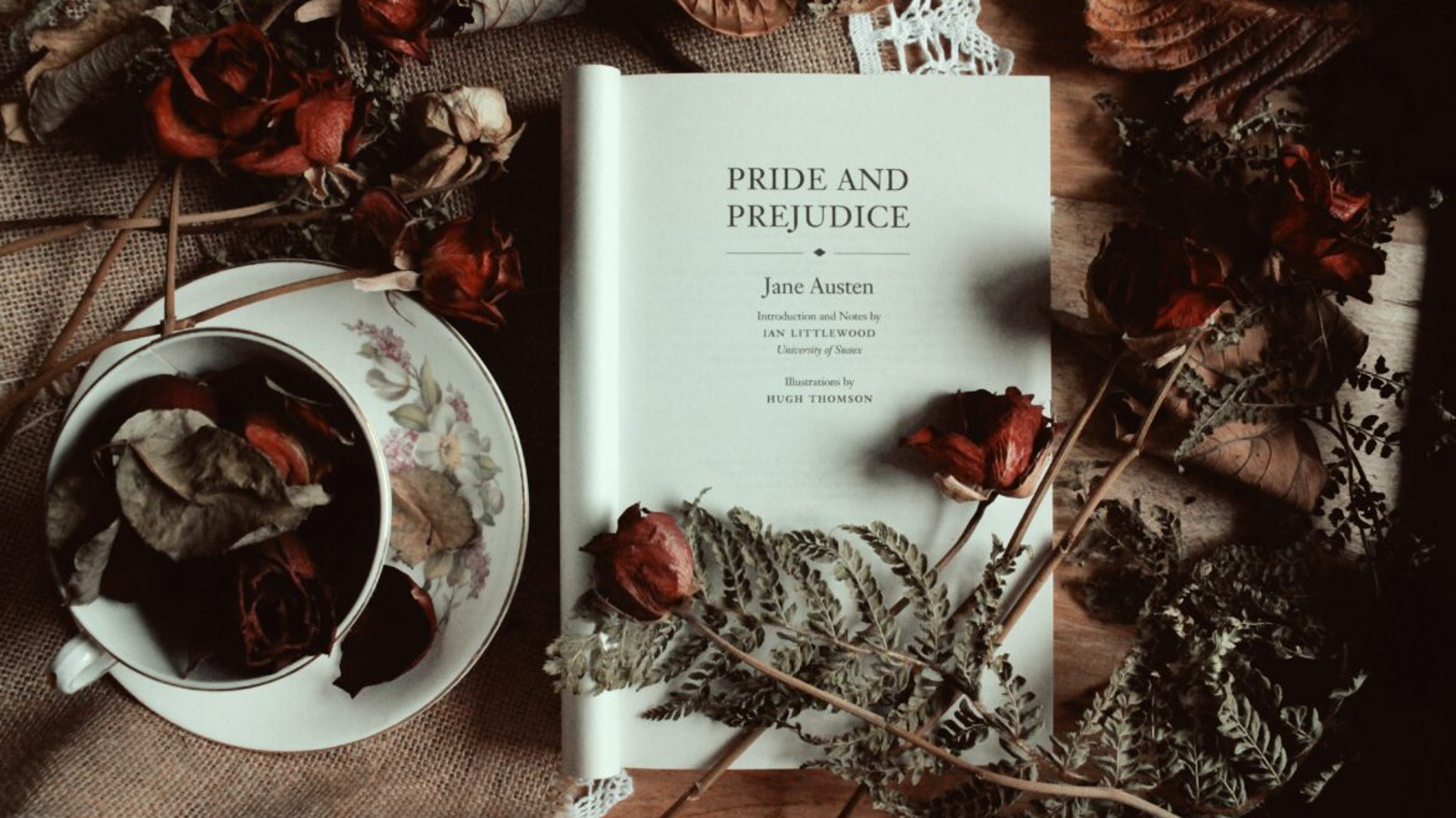I don’t even know how many times I’ve returned to Jane Austen’s novels, especially the novel Pride and Prejudice, which I now see is not only a romance novel, but a novel that also deals with significantly more important issues. The protagonist, Elizabeth Bennet, is one of the few who bravely opposes the patriarchal society of the 19th century. Jane Austen places Elizabeth (as well as other female characters in her novels) at the center of events, allowing her to interpret reality and to show the reader more closely the state of society at that time. Some of the topics that Austen tackles (directly or indirectly) are marriage, education, free will, and property inheritance.
At the very beginning, we learn that the Bennets’ estate cannot be inherited by their children because all their children are daughters. According to the law of the time, property was inherited from father to son or to the closest male relative. Basically, it was understood that a woman moves from her father’s household to her husband’s household and that she does not need any property of her own. This issue forms the first big question of freedom in this novel and highlights the problems of the patriarchal system. Austen also touches on this topic in some of her other novels, such as Sense and Sensibility.
Furthermore, in the novel, Austen also focuses on the topic of marriage and how it relates to free will. In this regard, I recall the scene in which Elizabeth Bennet refuses to marry her cousin Collins, the heir to the Bennet estate. At that moment, chaos erupts in the Bennet household as Elizabeth has rejected the only opportunity to somehow keep the estate in the family. By exercising her free will in refusing to marry Collins, Elizabeth risked not even having a place to live after her father’s death. On another occasion, Elizabeth rejects Mr. Darcy’s proposal because she did not like his difficult nature — this is also something ‘unthinkable’ given Mr. Darcy’s wealth. In both cases, Elizabeth goes against patriarchal principles and is free to decide her own destiny and whom she will marry.
Also, what is evident is that at that time not everyone had the same opportunity for education and, therefore, advancement — this was especially true for women. Different classes in English society rarely mixed at that time, and moving from a lower to a higher class was almost always possible only through inheritance. Girls almost always married exclusively within their class, and it was widely believed that by marrying, they would gain some form of independence as they would manage their husband’s household. Girls from the middle and especially the lower class did not have the opportunity to get an education, but they were taught to write, read, play an instrument or sing, or acquire other qualities that would later help them in looking for a suitable husband.
Elizabeth Bennet stands out because of her unconventional views on education and marriage. She doesn’t want to get married to secure herself financially, and lets everyone know that she will only get married when she finds the person she truly loves. Furthermore, Elizabeth does not want to get an education just to acquire marriageable qualities, but solely to do what gives her pleasure. For example, she uses every free moment to read but to the astonishment of many, she does not sing or play an instrument which makes her less suitable for marriage. Elizabeth was not formally educated, but had a strong character and was highly intelligent which made her particularly attractive.
Thus, Elizabeth was not married by her social status, beauty, education, or the manners of an obedient girl. Instead, she was married by her character, which exceeded expectations. Her marriage was a result of the freedom and identity she achieved through her own efforts. I realised the importance of this novel only after several readings, because at first it seemed to me to be exclusively a romance novel. Now I intend to return to some other romance novels and research them more closely — who knows what other testaments to human freedom I might uncover!
Are you a student interested in getting involved in pro-liberty activism? By applying to join Students For Liberty’s Local Coordinator Program, you can be supported in promoting the ideas of liberty while also developing your skills and meeting many like-minded students from across the world. Click on the button below to find out more and get involved!
Are you looking for an opportunity to gain new insights about the ideas of liberty and network with like-minded individuals? Students For Liberty’s upcoming LibertyCon International, held in Washington, D.C., on February 2-4, 2024, is an event you won’t want to miss!
LibertyCon International offers an opportunity to engage with top experts, scholars, and entrepreneurs from a variety of fields while providing a platform for attendees to connect with others who are dedicated to advancing pro-liberty ideas and creating a freer future.
Click the button below to sign up for updates and secure your spot at this exciting event. We can’t wait to see you there!
A version of this article was originally published at Speak Freely.
This piece solely expresses the opinion of the author and not necessarily the organization as a whole. Students For Liberty is committed to facilitating a broad dialogue for liberty, representing a variety of opinions.



